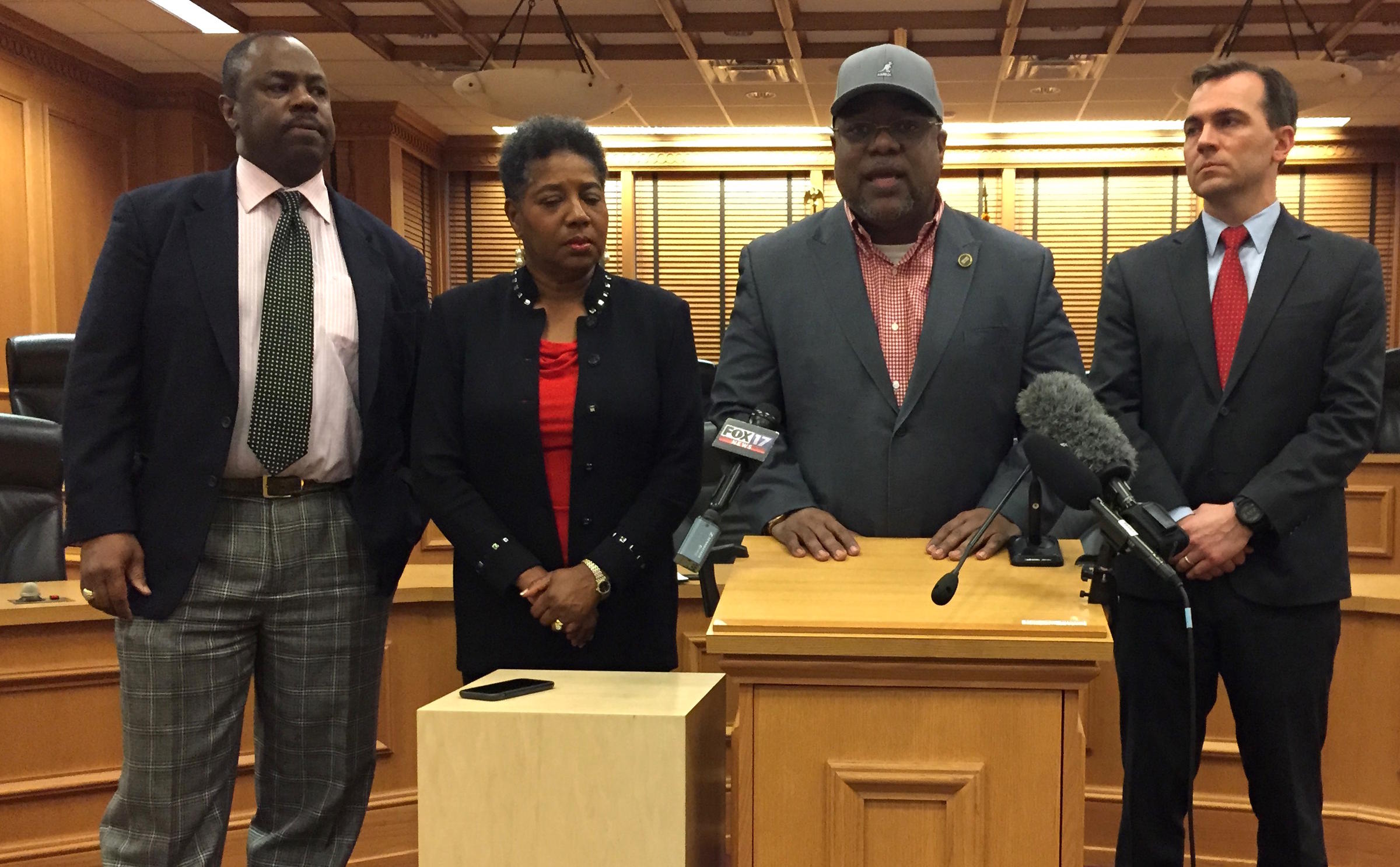ASD views show politics key to successful school reform

Tennessee’s Legislative Black Caucus Calls On State-Run School District To “Stand Down" | Nashville Public Radio http://bit.ly/1RlTaQk
The Achievement School District was in the news again last month when the Tennessee Black Caucus joined the Democratic Caucus in calling for a moratorium on the conversion of new schools into the ASD.
Two weeks ago, the Shelby County School Board made a similar appeal.
In both cases, lawmakers and elected officials noted a recent study that found modest gains in math and no significant improvements in reading for ASD schools.
The Black Caucus’ reluctance to endorse the conversion of more schools to the ASD is not surprising. But the reasons go beyond test scores.
In an effort to unpack the political controversy surrounding the ASD, my colleagues and I have conducted dozens of interviews with Memphis community leaders, legislators, ASD staff, charter operators, and district officials.
What we have learned is that the starkly differing opinions about the ASD are rooted in the experiences of Memphis’ African American community with a century of discrimination, segregation and desegregation, and more recently the departure of six suburban communities from the Shelby County School District.
These experiences shape the way that many Memphians view the ASD.
For example, many of our respondents described the diversion of dollars from the district to the ASD as yet another example of the state denying Memphis its fair share of resources. Likewise, the perception that the ASD replaces local teachers with a seemingly disproportionate number of white teachers has stoked fears about job security in the African American community.
Other Memphians are simply offended at the notion that outside organizations think they can somehow “fix” Memphis.
Of course, ASD supporters see the ASD in an entirely different light. To them, the ASD is a bold attempt to shake up a system that has under-performed for too long; to introduce much needed competition; to push resources down to the level of the school; and to prioritize the needs of students over adult interests.
The language they use to describe the ASD varies — partner, competitor, change agent, policeman — but they share an understanding that the ASD seeks to improve learning outcomes and life opportunities among Memphis’ most disadvantaged. They believe it is too early to judge the ASD’s effectiveness.
Regardless of one’s perspective, there is little doubt that the ASD’s inability to meet its very ambitious student outcome goals has left it vulnerable to criticism.
No less important, however, is that the divisive politics around the ASD detracts from the region’s capacity to sustain commitment over time, learn from experience, and make incremental improvements to strategy.
School reform initiatives everywhere can fail for a variety of reasons, but nothing is more damaging than our national penchant to try something new and then hit the reset button after dramatic results fail to quickly materialize.
How can Memphis avoid this fate that has undermined reform in so many other ASD views show politics key to successful school reform:


